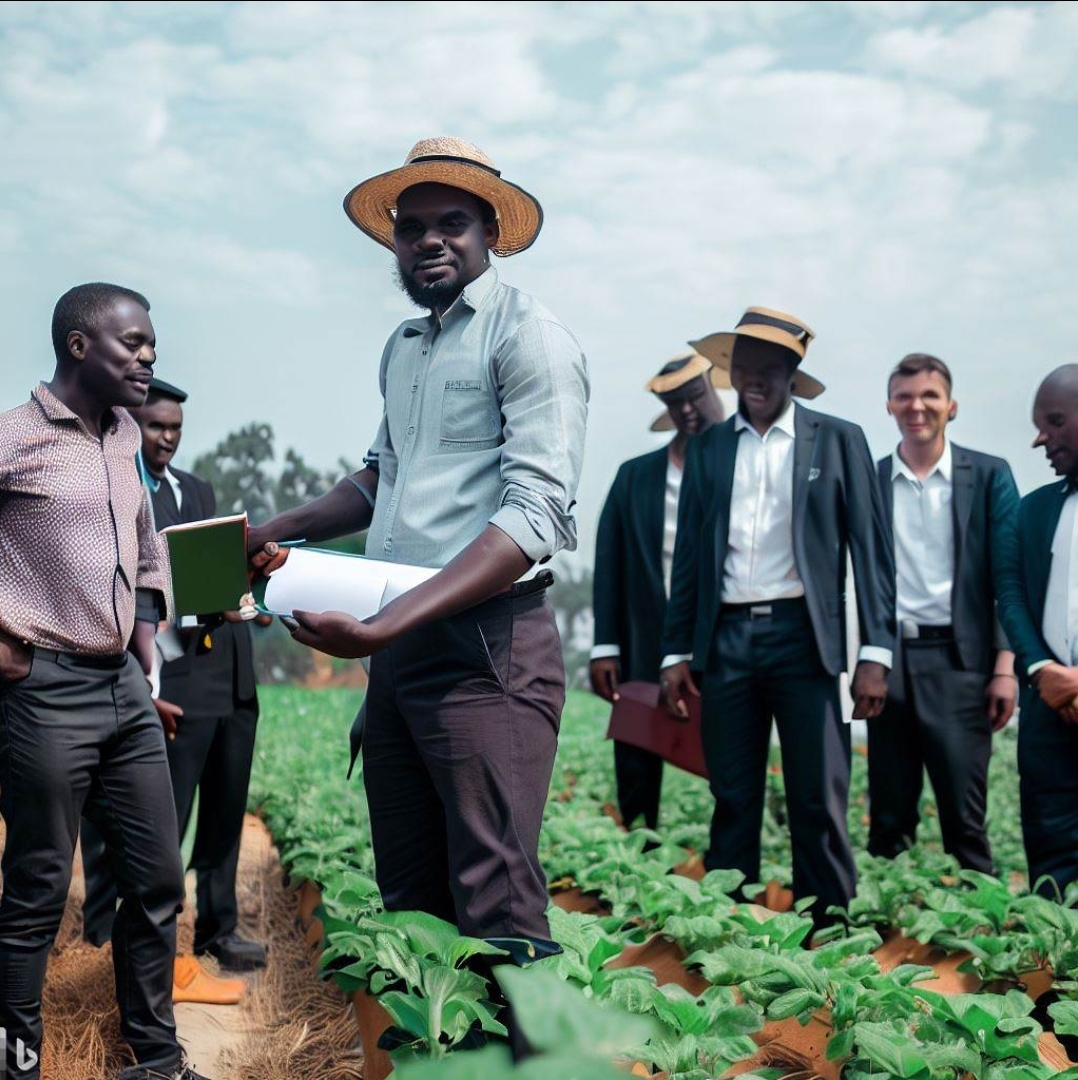Agriculture is the backbone of Nigeria’s economy, employing approximately 70% of the workforce and contributing about 25% to the country’s Gross Domestic Product (GDP). Despite its significant role, the sector faces numerous challenges that hinder its growth and productivity. Agricultural research and development (R&D) play a crucial role in addressing these challenges and improving the sector’s performance. This article explores the current state of agricultural R&D in Nigeria, highlighting the challenges and opportunities that exist.
Current State of Agricultural R&D in Nigeria
Nigeria has a network of agricultural research institutions, including universities, research institutes, and government ministries. These institutions are involved in various aspects of agricultural R&D, such as crop improvement, soil science, animal production, and agricultural engineering. Some notable institutions include:
- National Agricultural Research Institutes (NARIs): These institutes focus on specific crops or regions, such as the International Institute of Tropical Agriculture (IITA) in Ibadan and the National Root Crops Research Institute (NRCRI) in Umudike.
- Universities: Many Nigerian universities have faculties of agriculture that conduct research and offer academic programs in agricultural sciences.
- Government Ministries: The Federal Ministry of Agriculture and Rural Development (FMARD) is responsible for policy formulation and implementation in the agricultural sector.
Challenges Facing Agricultural R&D in Nigeria
Despite the existence of these institutions, agricultural R&D in Nigeria faces several challenges that limit its effectiveness. Some of the key challenges include:
- Inadequate Funding: Agricultural R&D requires significant investment in infrastructure, equipment, and human resources. However, funding for agricultural research in Nigeria is often inadequate, leading to outdated equipment, brain drain, and limited research capacity.
- Infrastructure Deficits: Many research institutions in Nigeria lack modern infrastructure, including laboratories, greenhouses, and experimental farms. This hampers the ability of researchers to conduct high-quality research.
- Limited Capacity Building: There is a need for continuous capacity building and training of researchers to keep pace with global advancements in agricultural science and technology.
- Poor Linkages between Research and Extension: The linkage between research institutions and extension services is weak, limiting the dissemination and adoption of research findings by farmers.
- Climate Change and Environmental Degradation: Climate change and environmental degradation pose significant challenges to agricultural productivity in Nigeria. Research is needed to develop climate-resilient crop and animal varieties and sustainable agricultural practices.
Opportunities for Agricultural R&D in Nigeria
Despite the challenges, there are opportunities for agricultural R&D in Nigeria that can be leveraged to improve the sector’s performance. Some of these opportunities include:
- Growing Demand for Food: Nigeria’s population is projected to continue growing, creating a increasing demand for food. Agricultural R&D can help improve crop yields, reduce post-harvest losses, and enhance food security.
- Advances in Technology: Advances in biotechnology, precision agriculture, and digital agriculture offer opportunities for improving agricultural productivity and efficiency in Nigeria.
- Increased Private Sector Investment: The private sector is increasingly investing in agricultural R&D in Nigeria, bringing in new technologies, expertise, and funding.
- Regional and International Collaborations: Nigeria can benefit from regional and international collaborations in agricultural R&D, accessing new technologies, expertise, and funding opportunities.
- Policy Support: The Nigerian government has introduced policies aimed at promoting agricultural development, such as the Agricultural Promotion Policy (2016-2020) and the National Agricultural Technology and Innovation Policy (2020).
Way Forward
To harness the opportunities and address the challenges facing agricultural R&D in Nigeria, the following strategies can be employed:
- Increased Funding: The government and private sector should increase funding for agricultural R&D, focusing on priority areas such as climate-resilient agriculture and digital agriculture.
- Capacity Building: Continuous capacity building and training of researchers is essential to keep pace with global advancements in agricultural science and technology.
- Strengthening Linkages: Strengthening linkages between research institutions, extension services, and farmers is critical for the dissemination and adoption of research findings.
- Leveraging Technology: Leveraging advances in technology, such as biotechnology and precision agriculture, can help improve agricultural productivity and efficiency in Nigeria.
- Policy Implementation: Effective implementation of agricultural policies is crucial for promoting agricultural development and R&D in Nigeria.
In conclusion, agricultural R&D plays a critical role in improving the performance of Nigeria’s agricultural sector. While challenges exist, there are opportunities that can be leveraged to drive growth and development in the sector. By increasing funding, building capacity, strengthening linkages, leveraging technology, and implementing policies effectively, Nigeria can unlock the potential of agricultural R&D and achieve food security, poverty reduction, and economic growth

